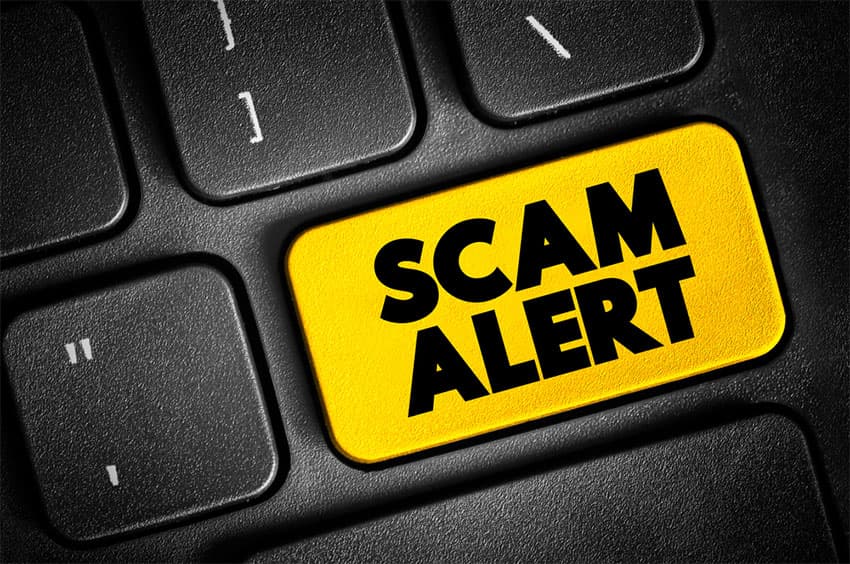In the age of digital communication, social media platforms have become an integral part of our lives. Facebook, being one of the most popular platforms, connects people, businesses, and communities worldwide. However, where there’s a large online user base, there are also scams and fraudulent activities. One prevalent scam that has been targeting Facebook users is the “Your Facebook Page is Scheduled for Deletion” scam. If you own a Facebook Business Page, you should pay particularly close attention to this scam. In this article, we’ll explore what this Facebook scam entails and what steps you should take if you encounter it.
Understanding the “Your Facebook Page is Scheduled for Deletion” Scam
The “Your Facebook Page is Scheduled for Deletion” scam is a deceptive tactic employed by cyber criminals to exploit Facebook users. The scam typically begins with a user receiving a message or notification that their Facebook Page or account is scheduled for deletion due to a violation of Facebook’s policies or terms of service. These notifications may appear authentic, displaying the Facebook logo and branding, making it seem like an official communication from the platform.
These messages often include a link that urges users to “verify” their identity or take immediate action to prevent the deletion of their account. The scammers rely on the users’ panic and fear of losing their accounts to trick them into clicking on these links.
Red Flags to Identify the Scam
To protect yourself from falling victim to the “Your Facebook Page is Scheduled for Deletion” scam, it’s essential to be vigilant and watch out for red flags. Here are some common signs of the scam:
- Unsolicited Messages: Legitimate notifications from Facebook are typically sent through the official Facebook app or website. Be wary of unsolicited messages or notifications from unknown sources.
- Spelling and Grammar Errors: Scammers often make errors in spelling and grammar in their messages. Carefully review any messages for such mistakes.
- Unusual URLs: Check the URL of the link provided. Official Facebook links typically start with “https://www.facebook.com.” Scammers often use lookalike domains to deceive users.
- Urgent Language: Scammers use urgency to manipulate users into taking immediate action. Be cautious of messages that pressure you to act quickly.
- Requests for Personal Information: Facebook will never ask you to share sensitive information like your password, Social Security number, or financial details via an unsolicited message.
What to Do If You Encounter the Scam
If you receive a message or notification related to the “Your Facebook Page is Scheduled for Deletion” scam, follow these steps to protect yourself and report the scam:
- Do Not Click on Suspicious Links: Avoid clicking on any links in the message, as they could lead to malicious websites or phishing pages designed to steal your personal information.
- Double-Check the Source: Verify the sender’s identity. If you’re unsure, log in to your Facebook account directly and check for any official notifications there.
- Report the Scam: Use the reporting feature on Facebook to report the message or notification as a scam. This helps Facebook’s security team take action against the perpetrators.
- Change Your Password: As an extra precaution, change your Facebook password to secure your account from potential unauthorized access.
- Enable Two-Factor Authentication (2FA): To enhance your account’s security, enable 2FA in your Facebook settings. This extra layer of protection will make it more difficult for scammers to gain access to your account.
Educate Yourself and Others: Share information about the scam with your friends and family to help protect them from falling victim to similar schemes.
Final Thoughts
Scams like the “Your Facebook Page is Scheduled for Deletion” scam are a reminder of the importance of staying vigilant while using social media platforms. Cyber criminals are constantly evolving their tactics, so it’s crucial to stay informed and cautious. Always be skeptical of unsolicited messages, check the authenticity of notifications, and report any suspicious activity. By taking these precautions and educating yourself and those around you, you can help make the digital world a safer place for everyone. Remember that Facebook and other reputable online platforms will never ask for sensitive information via unsolicited messages, so stay alert and protect your online identity.



0 Comments